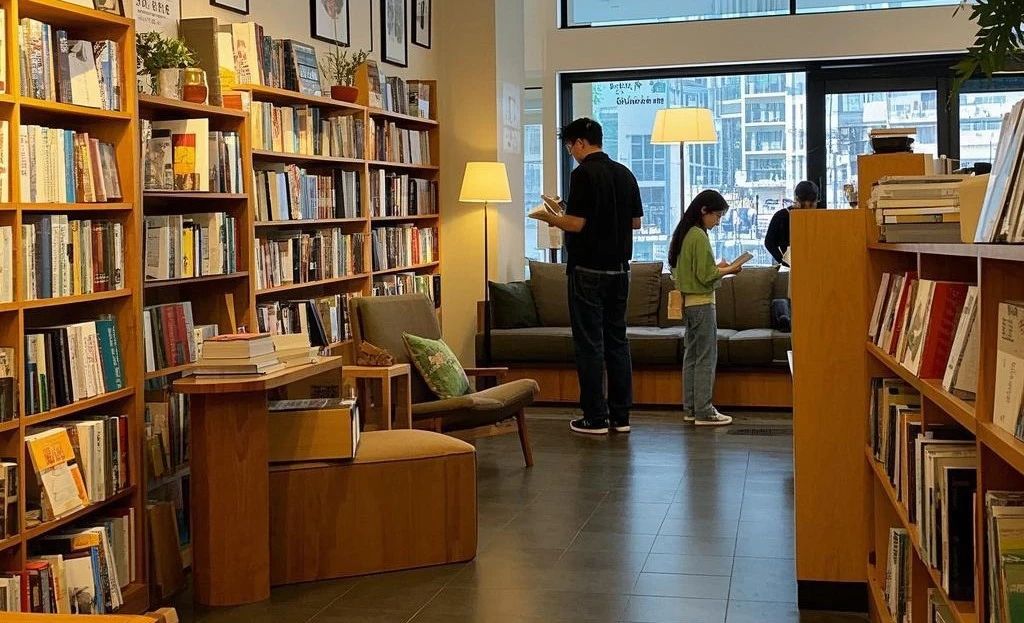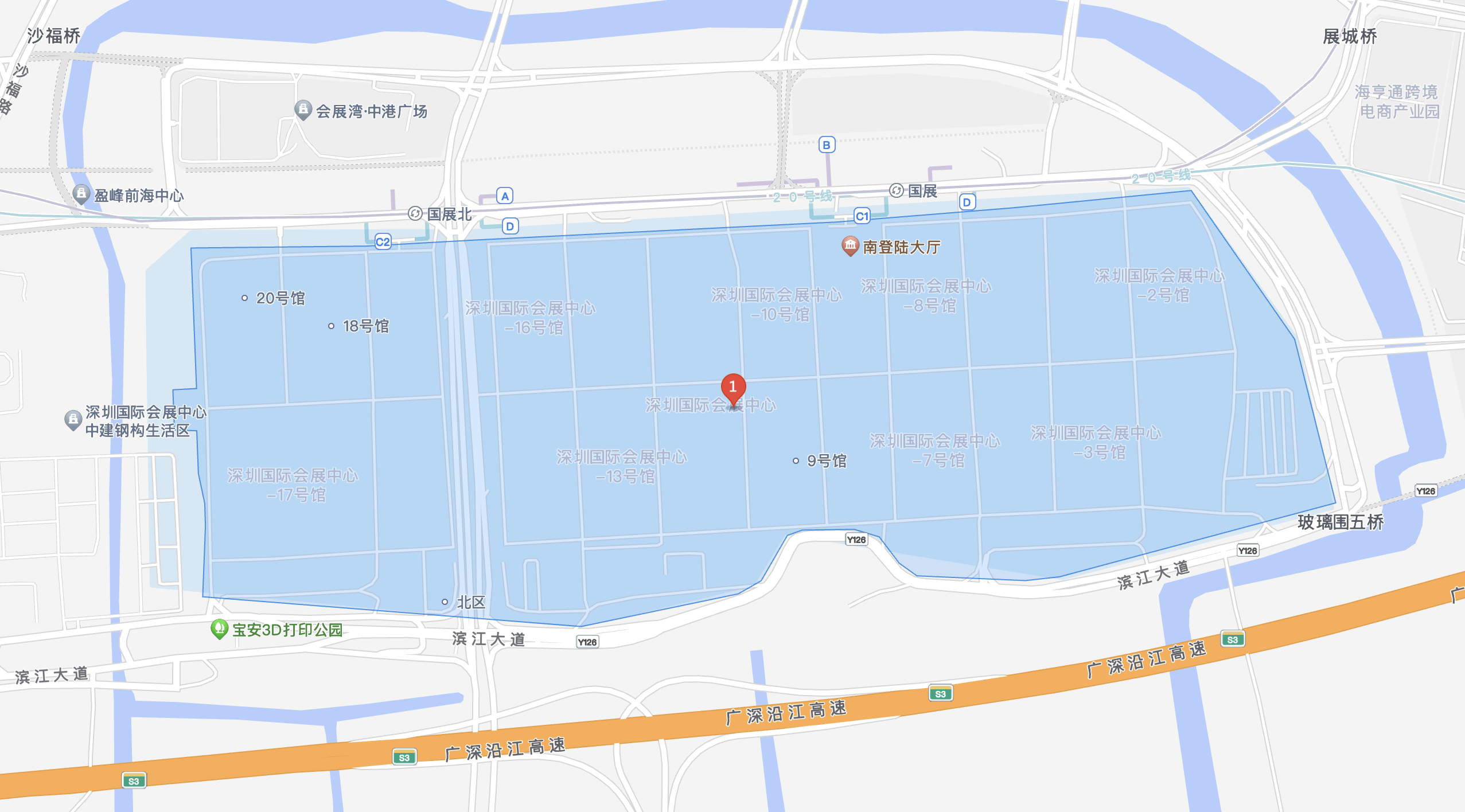PT Gramedia Asri, founded on February 2, 1970 by PK Ojong in West Jakarta, was originally a small bookstore with the goal of distributing books in Indonesia. After years of unremitting efforts and continuous development, Gramedia has grown from a small bookstore to one of the largest, most comprehensive and most trusted online and offline bookstores in Indonesia. Today, Gramedia has more than 100 stores in Indonesia, covering various cities and regions, and 61% of books are sold throughout Indonesia through its chain stores.
As a forward-looking enterprise, Gramedia not only provides various types of books such as comic books, textbooks, e-books, magazines, etc., but also involves in areas such as office supplies, and is committed to providing consumers with a one-stop shopping experience. However, in the face of increasingly fierce competition in the retail market, Gramedia did not settle for this, but chose to embark on the journey of digital transformation to further improve operational efficiency and customer experience. In order to simplify operations and improve customer service, Gramedia decided to introduce Zebra Technologies' RFID solution.
To achieve this breakthrough transformation, Gramedia worked closely with Zebra. Together, they designed a tailor-made solution that not only saved money but also optimized resource utilization. The implementation of RFID technology has brought significant changes to Gramedia. Inventory check time has been significantly reduced by 50%, allowing the bookstore to respond to market demand more quickly and adjust inventory strategies. Zebra's FX7500 fixed RFID reader and 610 low-profile RFID antenna are integrated into Gramedia's self-checkout system. Customers can now enjoy the self-checkout option, which makes transactions 60% faster than traditional manual transactions, greatly improving the customer's shopping experience. In addition, the RFID system provides real-time visibility into inventory levels and movements, allowing Gramedia to increase inventory accuracy by 50% while significantly reducing human errors.
With the activation of RFID channel doors, the problem of lost goods in the bookstore has also been effectively solved. This transformation has enabled Gramedia to reallocate 75% of its employees' time from daily work to activities that add value to shoppers, such as providing personalized help and recommendations. This customer-centric service model not only improves customer satisfaction and loyalty, but also brings more sales opportunities and profit margins to the bookstore.

Cristanto Suadama, Vice President of Sales for Southeast Asia at Zebra Technologies, highly praised this technological shift. He stressed the prospect of significant growth in the retail market in the Asia-Pacific region and pointed out the importance of strategic investment in advanced technologies. He believes that such innovation can not only improve operational efficiency and customer experience, but also ultimately increase profitability and cultivate customer loyalty.
With RFID technology at the helm, Gramedia has not only improved operational efficiency, but also redefined the customer shopping experience. Today, customers come to Gramedia not only to buy books, but also to enjoy that unique and intimate shopping experience. In the future, with the application of more innovative technologies and the deepening of digital transformation, Gramedia will bring more surprises and expectations to consumers.
This paper is from Ulink Media, Shenzhen, China, the organizer of IOTE EXPO (IoT Expo in China



















